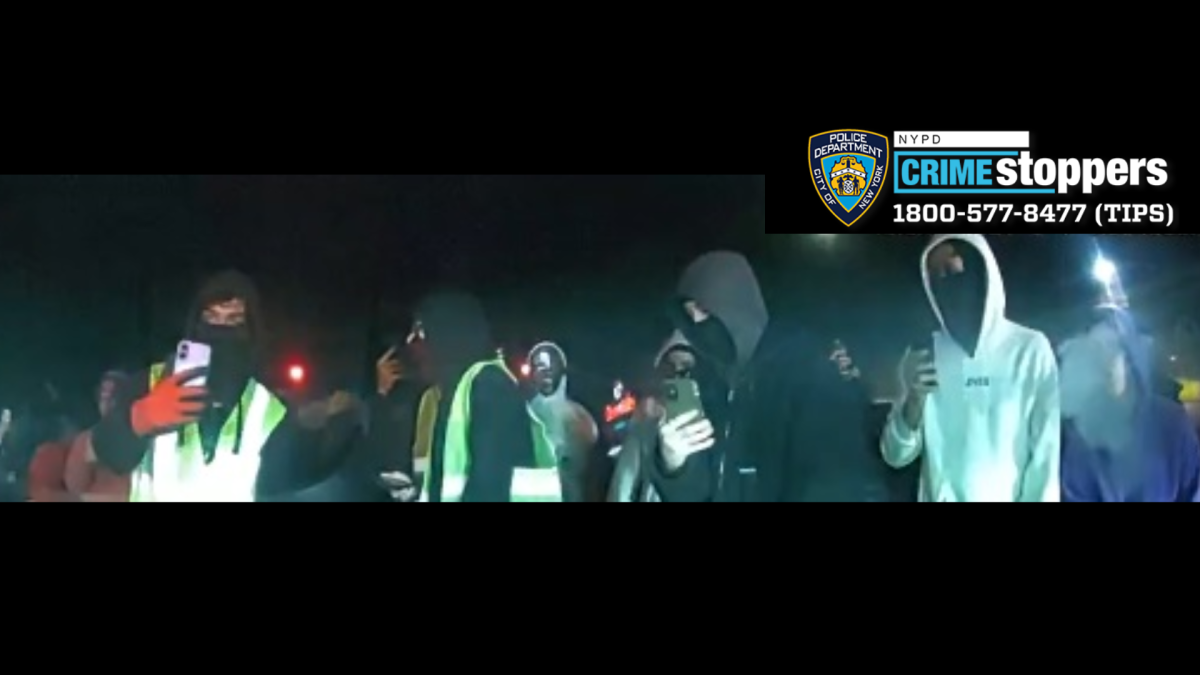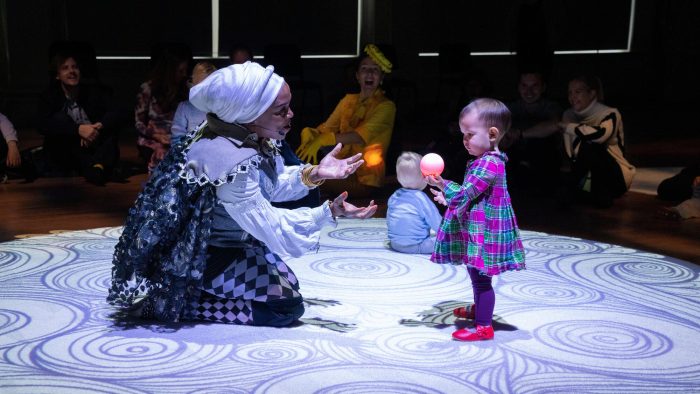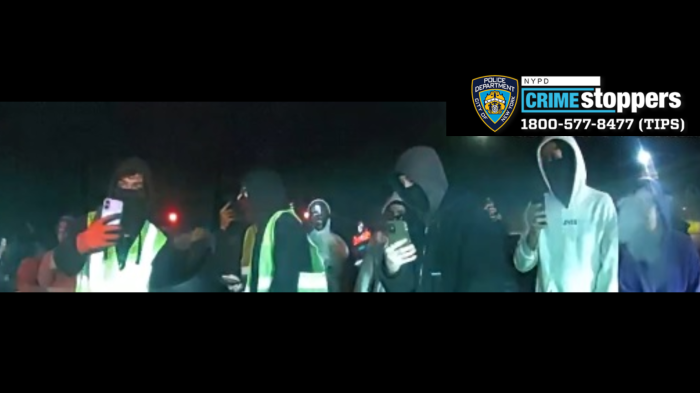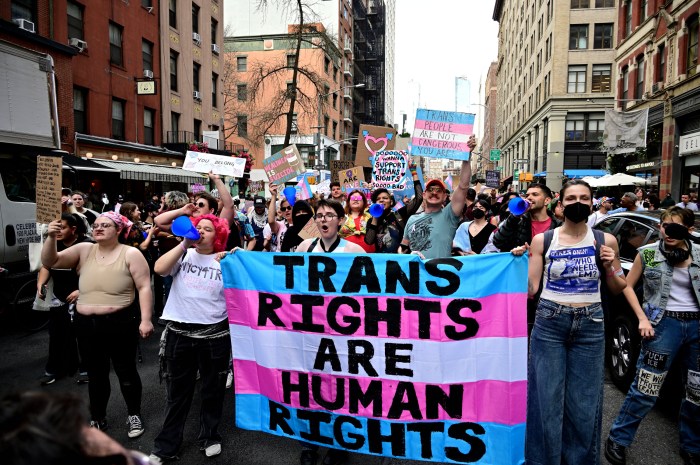
Public officials and police reform advocates pledged to hold the NYPD accountable for their encounters with the public as new legislation goes into effect Friday.
Holding signs and banners reading "I do not consent to this search," activists rallied on the steps of City Hall to celebrate the implementation of the Right to Know Act. The legislation has two components: a requirement for officers (in certain instances) to identify themselves when approaching the public, and a mandate to inform a person of their right to refuse to consent to a search when the officer doesn’t have probable cause.
“Tomorrow, the Right to Know Act will be a reality. You will know who’s stopping you, and why, and if searched without rights, you can deny it,” said Councilman Antonio Reynoso, who was joined by colleagues including Jumaane Williams, Brad Lander and Carlos Menchaca. “This is a celebration, but at the same time we must make sure the NYPD knows we are not sleeping at the wheel. We will hold them accountable.”
Michael Sisitzky, the policy counsel at the New York Civil Liberties Union, described the act as a direct response to police abuses.
“Too many times officers are poking holes in the Fourth Amendment,” Sisitzky said. “Instead of telling people to open their bags, and demanding it, now they must ask individuals to open their bags, and we have the right to say no. This has always been the law, though. But, the way it was been written has been misleading for many.”
Councilman Ben Kallos urged New Yorkers to know and cite their constitutional protections.
“We have the Fifth Amendment, which is the right to not speak,” Kallos said. “Use it. Use the Right to Know Act. You can say no to being searched.”
The Right to Know Act passed the City Council last December as a compromise bill that disappointed some reform advocates by limiting the type of encounters that would require police officers to identify themselves. Cops only are required to offer their identity (along with a business card) when encountering a member of the public who they suspect is involved with criminal activity, but not necessarily when merely questioning a bystander on the street.
The compromise won the support of then-Council Speaker Melissa Mark-Viverito as well as Mayor Bill de Blasio, who told WNYC last year that "there are certain encounters that are more substantial where we think it’s important for that I.D. to be offered proactively."
On Thursday, Reynoso said that families suffer when members of the public are harmed or killed during police encounters.
Iris Baez, the mother of Anthony Baez, a security guard who died after an altercation with police in 1994, spoke for other mothers who have lost their children.
“We’re here to come together to be the voices of those who were killed by the NYPD like my son, Eric Garner, and many many others, as well as those who are familiar with the fatality of losing someone to brutality," Iris Baez said. Officer Francis Livoti was initially acquitted of criminally negligent homicide in Anthony Baez’s death but later convicted of depriving him of his civil rights.
"We celebrate a historic moment but also let the mayor and police commissioner know that the law must be implemented correctly," Baez said. "We also want to let them know we are watching the police… because we will fight and we will continue to fight for more after this.”

































